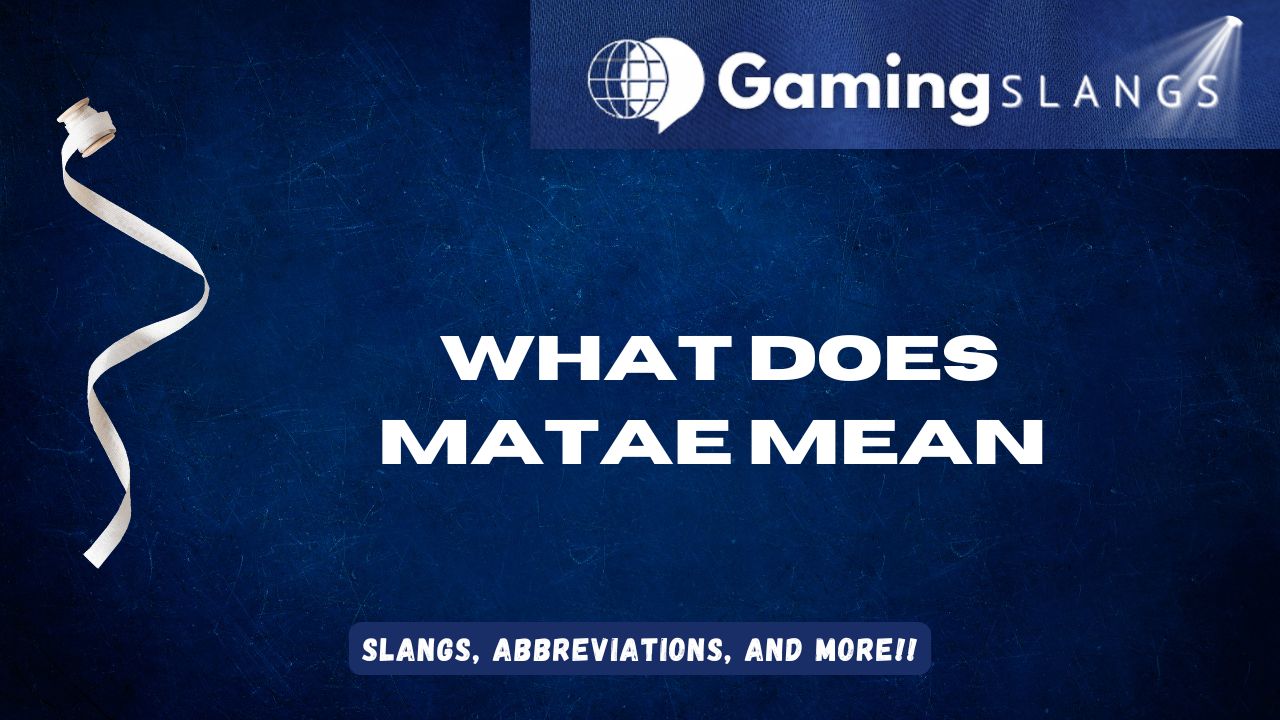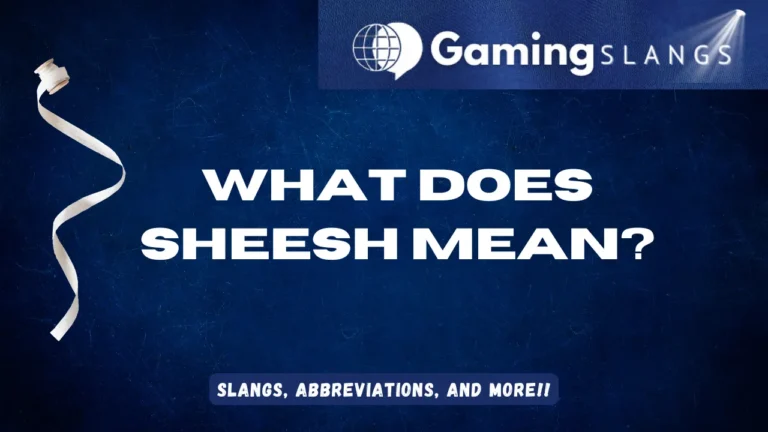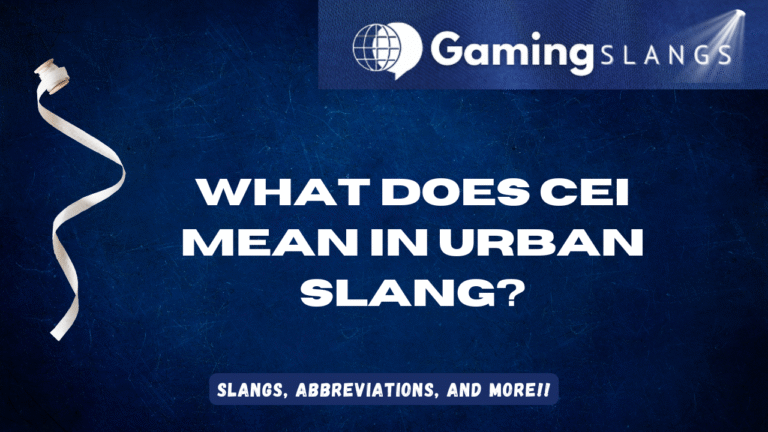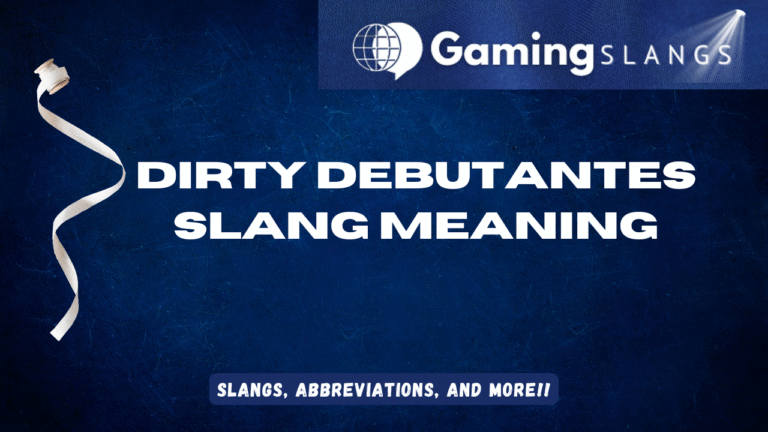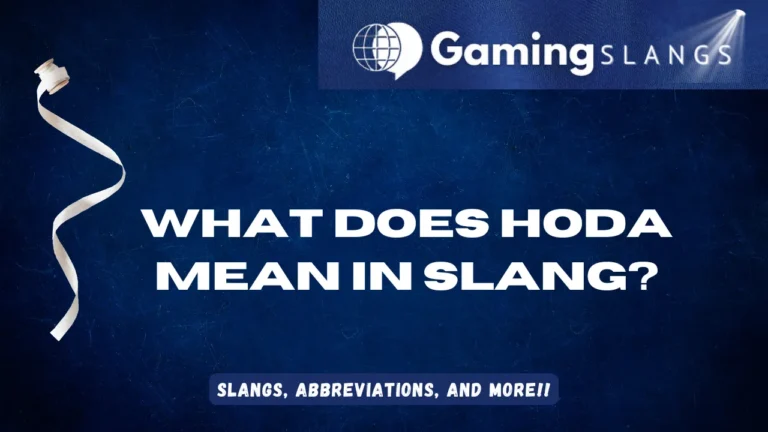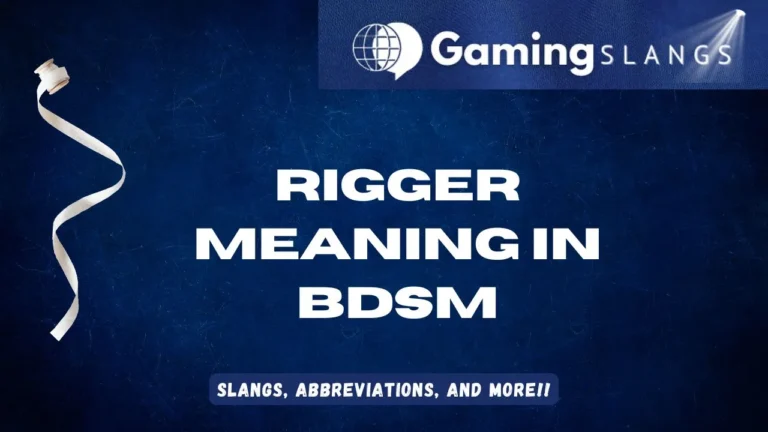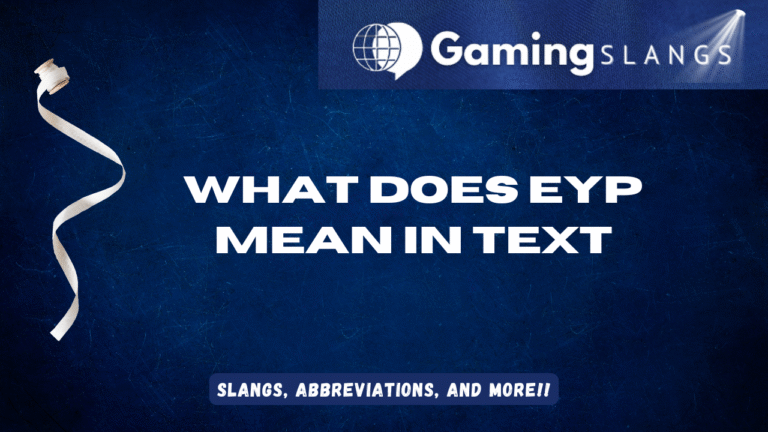“Matae” is a term with multiple interpretations depending on context. In many cases, it is derived from the Arabic word “مَتَاع” (matāʿ), meaning “possessions,” “goods,” or “worldly belongings.”
In religious and poetic usage, it can also refer to the temporary pleasures or materials of life. In informal or cultural contexts, the meaning may shift slightly based on regional dialects or slang.
Origins of Matae
The word “Matae” originates from classical Arabic, where it appears in ancient texts, poetry, and the Qur’an to describe material possessions and temporary worldly benefits.
Over centuries, it has been adapted into Urdu, Persian, and other languages, sometimes taking on cultural or metaphorical meanings.
How to Use Matae in a Sentence?
“Matae” is often used in literary, religious, or poetic speech to describe worldly goods or temporary joys. It can also appear in idiomatic expressions. Here are five examples:
- “Dunya sirf ek matae hai, asal zindagi akhirat mein hai.”
– Referring to the belief that worldly life is temporary compared to the afterlife. - “Usne apni saari matae khairat mein de di.”
– Describing someone donating all their possessions for charity. - “Sheher ka bazaar matae se bhara hua tha.”
– Indicating a marketplace full of goods and merchandise. - “Woh apni matae par fakhr karta tha.”
– Showing someone’s pride in their possessions. - “Matae duniya ek din chhodni padti hai.”
– Reminding that material goods are temporary and will be left behind.
Pronunciation of Matae
Pronounced as: ma-taa-ay (placeholder for audio pronunciation).
Words Similar to Matae
- Duniya – Refers to the material world or earthly life.
- Asbaab – Means belongings, tools, or necessary items for living.
- Samaan – General term for things, goods, or possessions.
- Mal-o-daulat – Refers to wealth and property.
- Zeenat – Refers to adornment, decoration, or beautification.
These words often share thematic connections with “Matae” by referring to material things, possessions, and temporary worldly pleasures.

